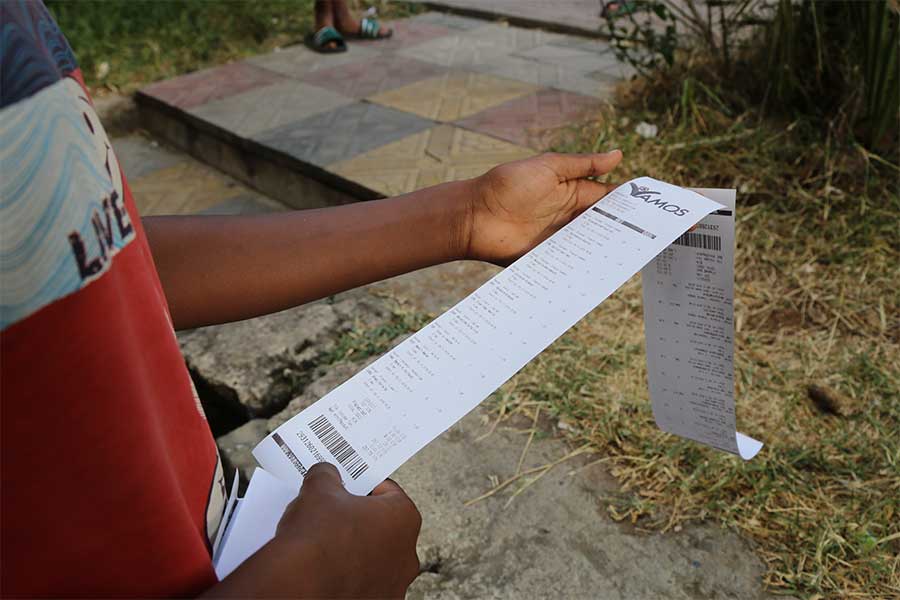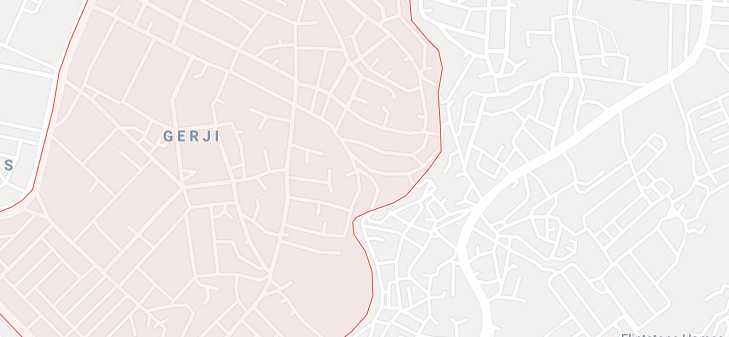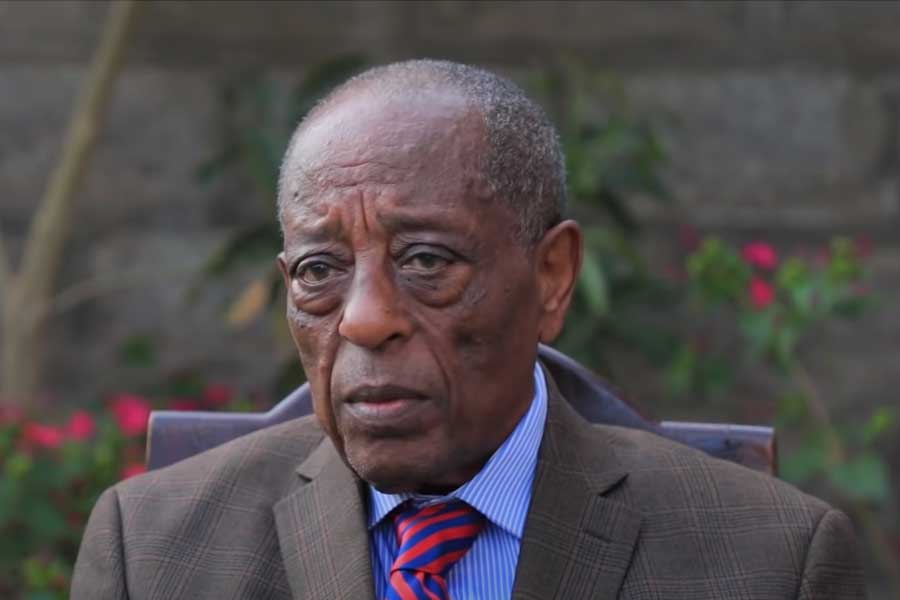
Viewpoints | Aug 18,2024
The Bahir Dar City Administration has ordered all betting companies to suspend operations.
It is an outcome of the tense security situation in the country's northern regions and part of a series of measures from the Administration's Security Council enacted to address what regional officials characterise as "security threats." Over a dozen betting companies have been forced to close 50 branches in the city, seat of the Amhara regional government. The Council has also ordered billiard halls to close as part of the crackdown on gambling.
The closure of betting companies transpires on the heels of the approval of a new directive from the National Lottery Administration, which places more stringent requirements on the betting industry. They are obliged to deposit 1.5 million Br in bank guarantees to continue operating, while they are no longer allowed to pay out more than one million Birr to winners.
The directive also raises the fee to acquire a permit to half a million Birr from the previous 400 Br, while renewal will cost betting companies 100,000 Br a year. The minimum age requirement to take part in gambling has also been raised to 21.
Officials at the Lottery Administration, which governs the betting industry, are puzzled by shutting the businesses down. They claim not to have received any complaints from betting companies while made aware of the shutdown through their office in Bahir Dar.
“We have no information why they have taken this measure,” said Dessie Dejene, director of licensing and regulation at the Lottery Administration.
He argues there are no grounds for the shutdown, as the companies operate legally with official permits.
"Sports betting cannot be considered illegal gambling," he said, emphasising the industry's source for tax revenue and employment.
Though not against betting companies, similar crackdowns against business establishments labelled as security concerns were enforced in other towns in the Amhara Regional State. Last month, the administrations of Dessie and Gonder towns closed establishments for khat and hookah, claiming they corrupt the morals of the youth. Local authorities believe these joints are hotspots for "false propaganda" about the civil war in northern Ethiopia, which continues unabated.
Dresse Sahilu (PhD), mayor of Bahir Dar, argues the measure against the betting companies was necessary as gambling begins to worry officials as a "security concern".
"The youth are sometimes seen fighting," the Mayor told Fortune.
He accused the activity of making the youth into wastrels.
It is uncertain when the betting companies will resume operations, if ever.
The city administration has also banned carrying weapons within the city limits, the conduct of military training that has not been consented to by the authorities, and placed restrictions on activities in and around bars and trade centres in the city.
"We might not be able to maintain peace in the city unless we suspend such activities," said Dresse.
The mayor said these measures might be reconsidered once the area is stable.
The management of one of the 42 betting companies operating in the country is baffled by the decision. Based in Nairobi, it has seen two branches in Bahir Dar shut down a week after notified of the requirements in the new directive. According to a senior manager at the company, they received no prior notice of the closures, nor do they have an idea why it happened in the first place.
“In big cities like Bahir Dar, there is no question about the effect this decision will have on the business,” said the manager. “There's no valid reason to include us on the list of illegal activities."
The company plans to file an appeal with the authorities.
Even though such decisions may seem in haste and without legal grounds, regional or city governments have the right to enact such measures to preserve law and order, says Liku Worku, a legal expert and part-time lecturer at the Addis Abeba University.
“Everyday activities can be prevented if the administration finds it necessary in times of emergency,” said Liku.
However, the ban on the betting industry does not correspond with the claims of security threats, as clients can place the bets online from the comfort of their homes.
“Watching football together is more of a threat than sports betting,” he said.
PUBLISHED ON
Sep 26,2021 [ VOL
22 , NO
1117]

Viewpoints | Aug 18,2024

Editorial | Nov 25,2023

Featured | Nov 09,2019

Fortune News | Dec 27,2018

Radar | Apr 25,2020

Radar | Aug 01,2020

Obituary | Apr 25,2020

Radar | Jul 25,2020

Sunday with Eden | Apr 28,2024

Editorial | Jul 27,2024

Dec 22 , 2024 . By TIZITA SHEWAFERAW
Charged with transforming colossal state-owned enterprises into modern and competitiv...

Aug 18 , 2024 . By AKSAH ITALO
Although predictable Yonas Zerihun's job in the ride-hailing service is not immune to...

Jul 28 , 2024 . By TIZITA SHEWAFERAW
Unhabitual, perhaps too many, Samuel Gebreyohannes, 38, used to occasionally enjoy a couple of beers at breakfast. However, he recently swit...

Jul 13 , 2024 . By AKSAH ITALO
Investors who rely on tractors, trucks, and field vehicles for commuting, transporting commodities, and f...

Sep 13 , 2025
At its launch in Nairobi two years ago, the Africa Climate Summit was billed as the f...

Sep 6 , 2025
The dawn of a new year is more than a simple turning of the calendar. It is a moment...

Aug 30 , 2025
For Germans, Otto von Bismarck is first remembered as the architect of a unified nati...

Aug 23 , 2025
Banks have a new obsession. After decades chasing deposits and, more recently, digita...